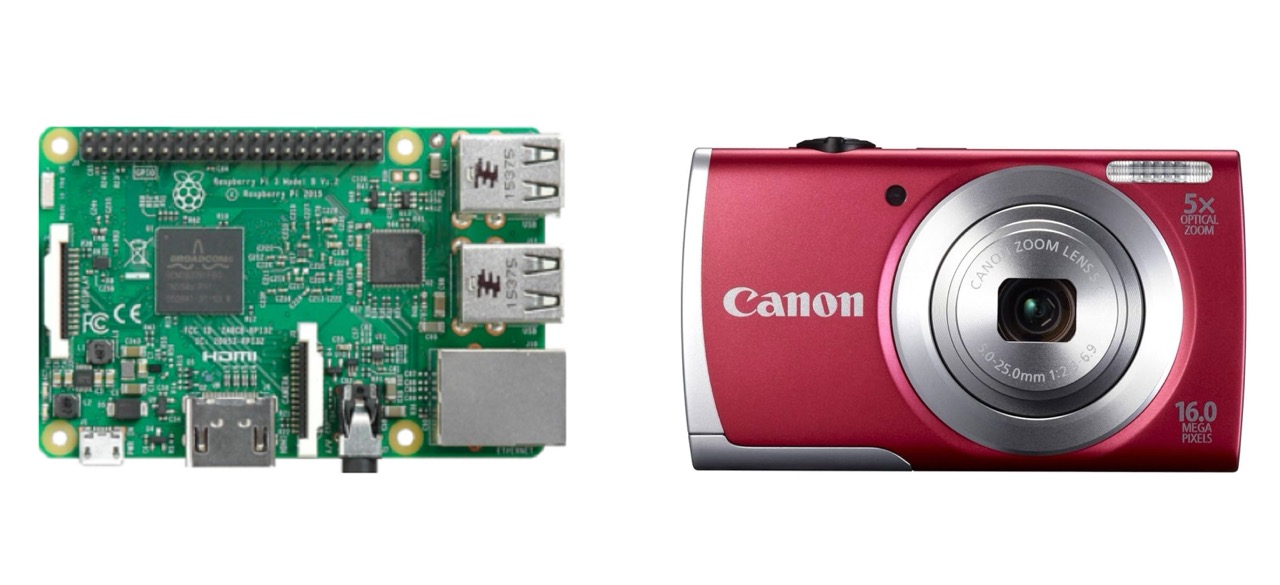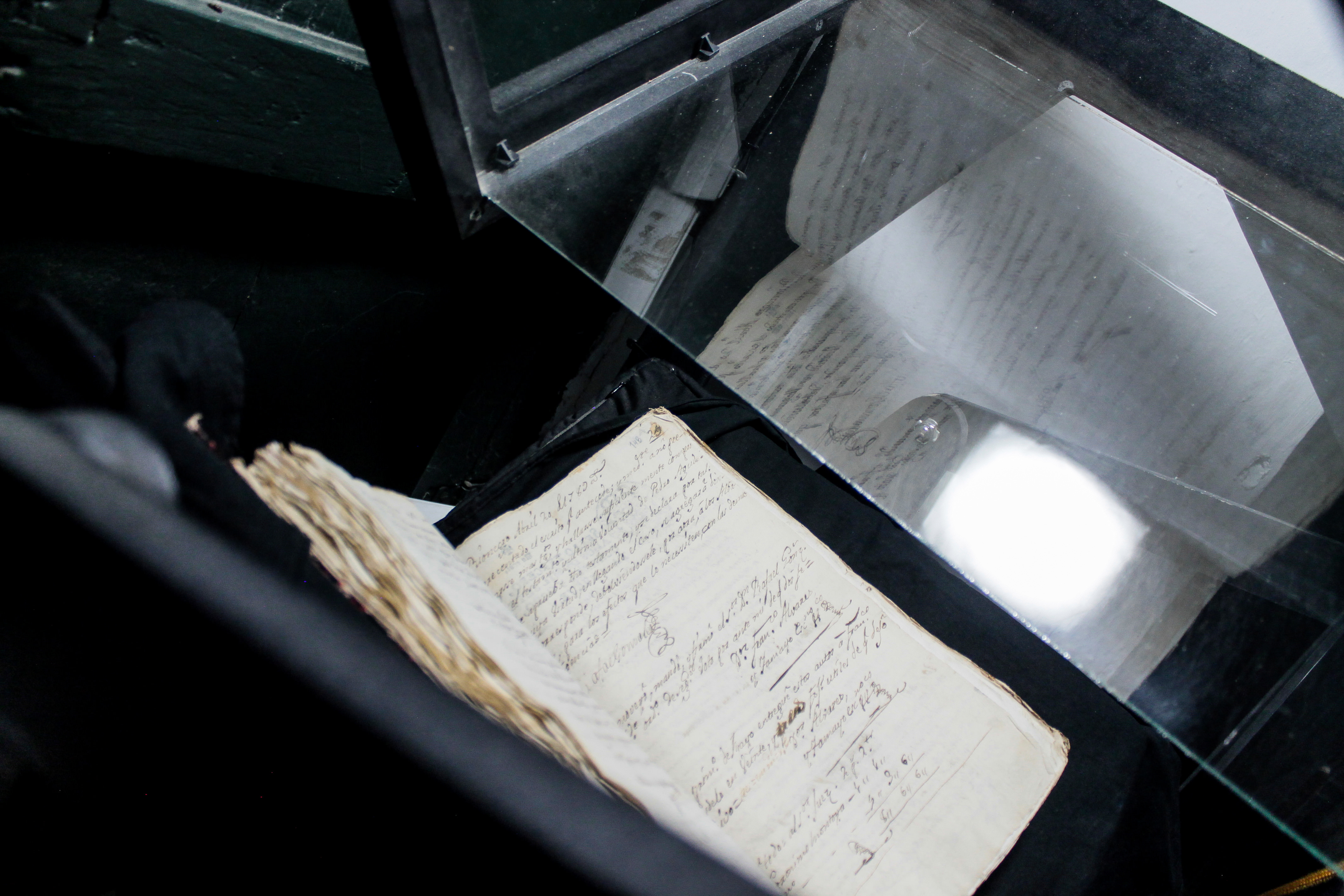This project aims to develop an integrated toolkit of hardware, software, and documentation to allow lower-resourced institutions, collectives, and communities to digitize their archival collections at low cost.
A decade ago, the development and dissemination of “DIY” book scanning equipment dramatically reduced the cost of digitizing bound materials and made possible a broad range of digital humanities research and experimentation, including our own regionally recognized efforts to digitize endangered archives in Latin America. The cheap point-and-shoot digital cameras and single-board hobbyist computers at the heart of these designs (pictured below), however, are increasingly obsolete or unavailable.

Building on a decade of community-based digitization work in the Global South, with a Level I Digital Humanities Advancement Grant from the National Endowment for the Humanities, we are working to update, test, evaluate, and release a prototype of a new generation of hardware and software built on sustainable, up-to-date technologies.
In this Level I stage, we will build an alpha version of the toolkit, which we will test at the Santa Barbara Mission Archive Library (SBMAL).
The main outputs for this project will be:
- the working prototype of the hardware;
- alpha-level software to power it;
- detailed documentation; and
- identifying a series of potential partners, holding traditional and non-traditional collections, for future collaboration in the next stage (Level II) of this project.
We will post updates on this page as the project develops.

